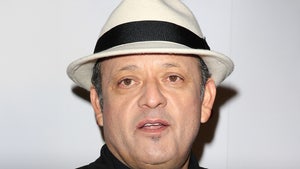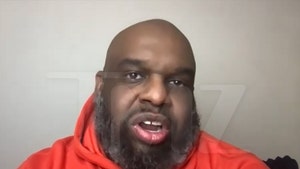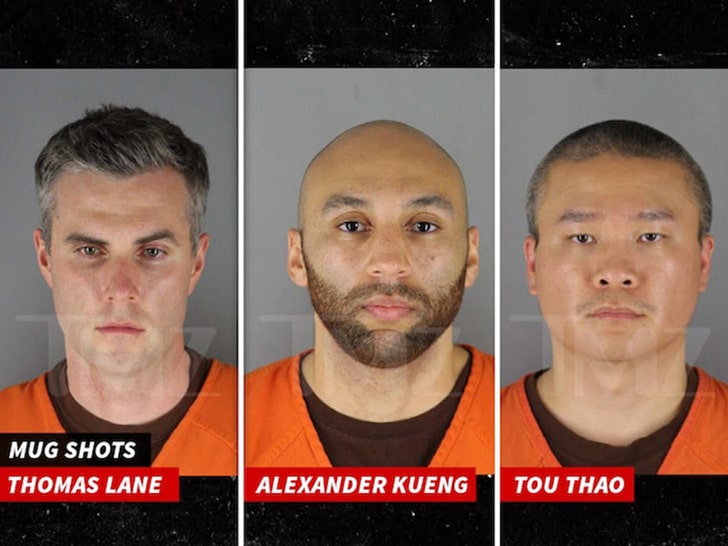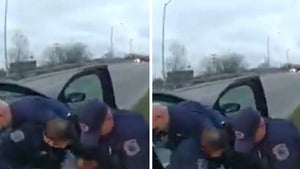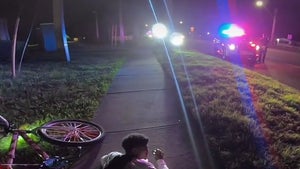Cops Required to Stop Other Cops from Using Excessive Force
Police Brutality Numerous Departments Have Duty for Cops to Intervene When Fellow Officers Use Excessive Force
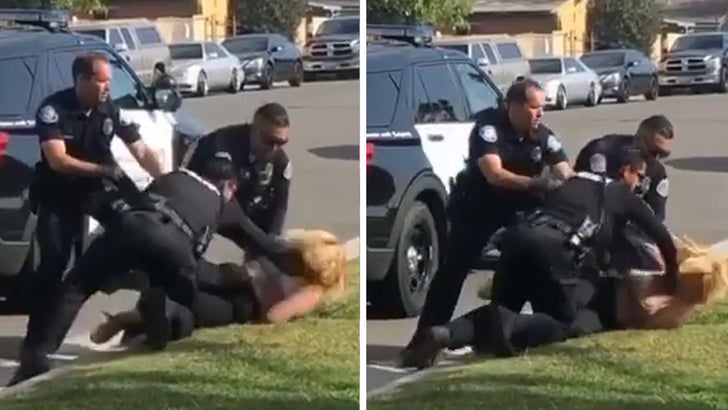 ORANGE COUNTY WEDNESDAY
ORANGE COUNTY WEDNESDAY
The 3 officers who watched Derek Chauvin choke the life out of George Floyd will soon go on trial for doing nothing to stop the murder. We surveyed a number of police departments around the country to see if they allow/encourage officers to step in when another officer -- even if it's a senior officer -- crosses the line ... like what happened in the O.C. this week.
What we found was interesting. Virtually every department we contacted said they have a policy in place requiring officers to intervene when another cop uses excessive force. The question is, of course, are these regulations really followed? Here's what we found.
MIAMI PD -- "The MDPD has a policy on an officer's duty to intervene. This policy is specific to seeing another officer using force that is clearly beyond that which objectively is reasonable ... they are mandated to take action and stop these acts from taking place."
INDIANAPOLIS PD -- "Officers are required to take appropriate action when they are aware of violations of department policies. It does not matter the rank or seniority of the people involved."
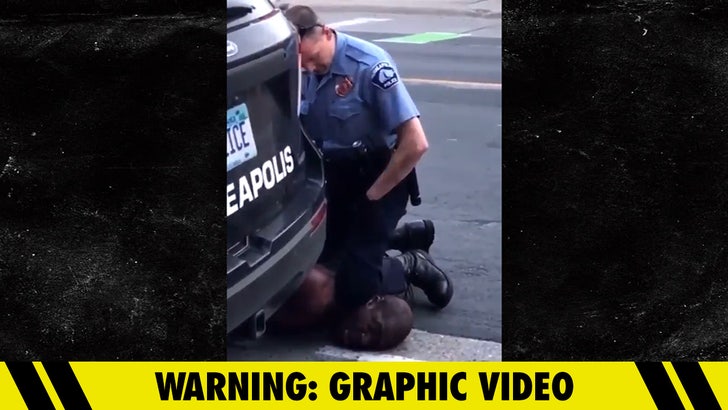 5/25/20
5/25/20
NYPD -- "All members of the service must intervene to stop another member of the service from using excessive force. Failure to intervene in the use of excessive force, or report excessive force, or failure to request or ensure timely medical treatment for an individual is serious misconduct that may result in criminal and civil liability and will result in Department discipline, up to and including dismissal."
CHICAGO PD -- "A Department member who directly observes a use of force and identifies the force as excessive or otherwise in violation of this directive will, except in extraordinary circumstances, act to intervene on the person's behalf. Such action may include, but is not limited to, verbally or physically intervening to try and stop the violation."
LAPD -- "Regardless of rank, officers have a duty to intercede and report misconduct."
D.C. POLICE -- "The MPD has policy on an officer's duty to intervene. This policy is specific to seeing another officer using force that is clearly beyond that which objectively is reasonable."
ATLANTA PD -- "Any employee present and observing or who becomes aware of another employee exhibiting behaviors or performing actions that violate any department policy ... shall intercede to prevent such behavior or actions, when in a position to do so safely."
DALLAS PD -- "It shall be the duty of every employee present at any scene where physical force is being applied to either stop, or attempt to stop, another employee when force is being inappropriately applied or is no longer required."
CHARLOTTESVILLE PD -- "Any law enforcement officer who, while in the performance of his official duties, witnesses another law enforcement officer engaging or attempting to engage in the use of excessive force against another person shall intervene, when such intervention is feasible, to end the use of excessive force or attempted use of excessive force, or to prevent the further use of excessive force."
NEW ORLEANS PD -- "The core component of the training teaches officers, regardless of rank, to intervene and de-escalate an encounter before harmful action is taken."
OKLAHOMA CITY PD -- "Intervening to prevent excessive force where officers observe another officer using excessive force and they have a realistic and safe opportunity to stop the other officer from using the excessive force, they should attempt to stop the other officer."
We contacted a number of other departments as well, and virtually all of them said they have a policy requiring officers to intervene when they see a fellow cop using excessive force. Furthermore, almost all of the departments say this policy was in place BEFORE the murder of George Floyd.
This raises a serious question ... has this policy been followed and were there consequences for officers who violated it? Judging from the videos and stories over the last few years, it seems like it has not been enforced -- at least in many cases.


